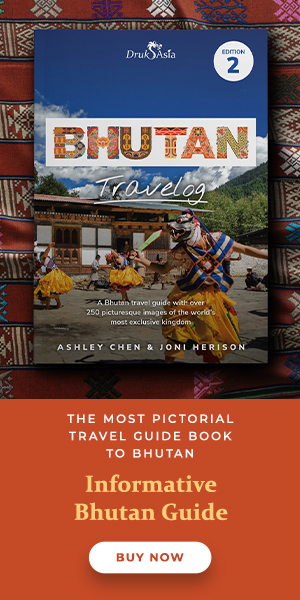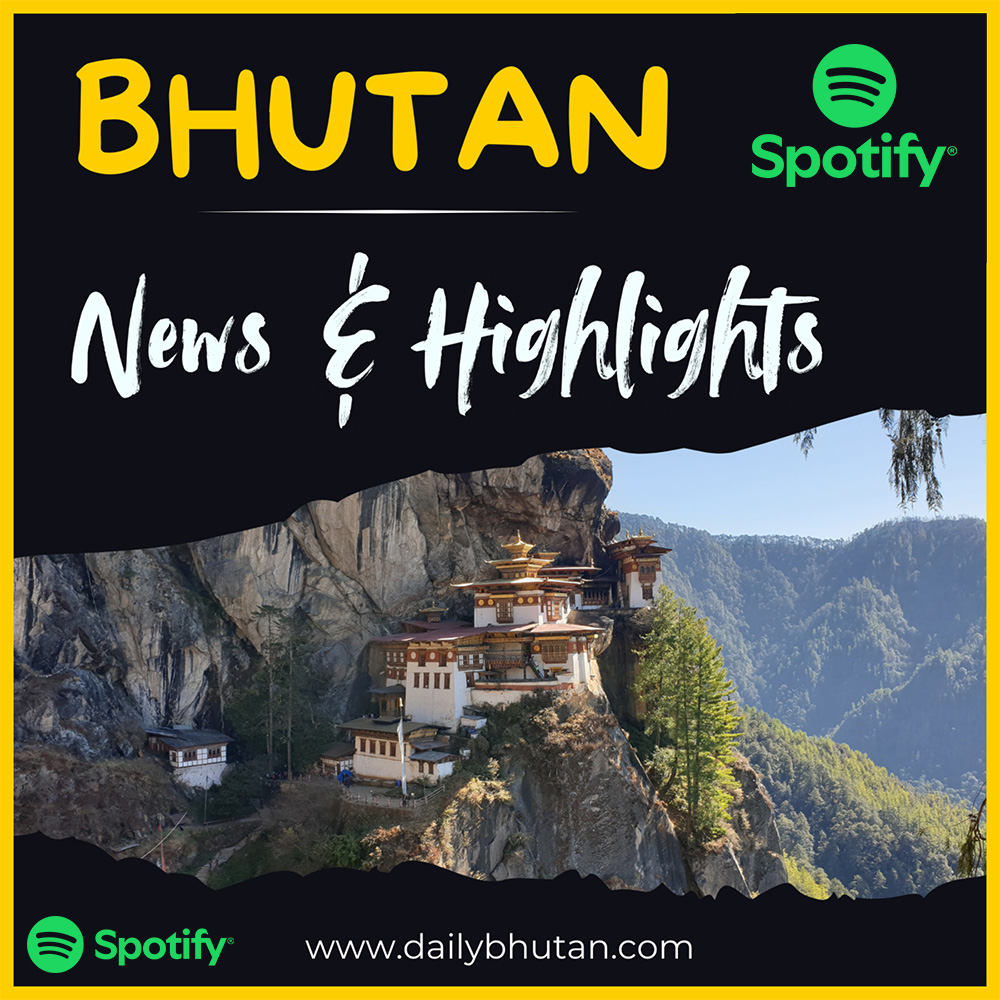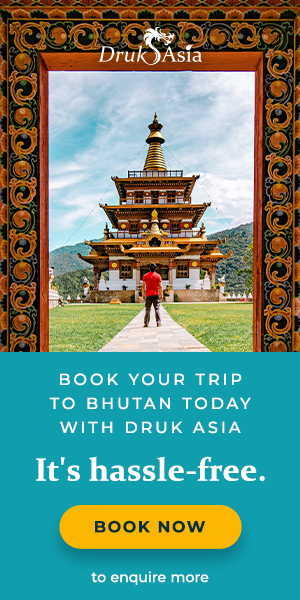Passion and Purpose: Lessons from the Land of Gross National Happiness
Step into the world of Tshering Dorji, a spirited Bhutanese guide whose journey from a military dream to becoming a storyteller of the Himalayas is nothing short of inspiring. In this intimate interview, he shares raw moments from the trails, emotional lessons from travellers, and why Bhutan isn’t just a destination—but a way of life. If you’re craving purpose, adventure, and a glimpse into the soul of the Last Shangri-La, you won’t want to miss this.
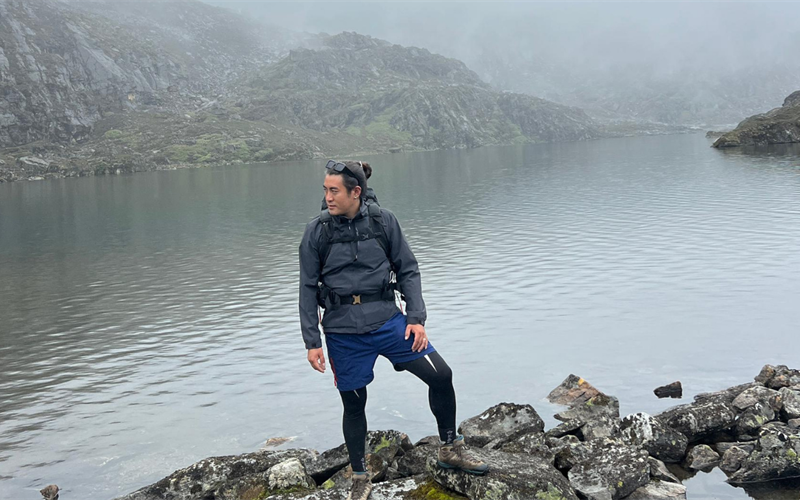
Can you tell us a bit about yourself and how long have you been a guide?
My name is Tshering Dorji, and I'm a full time guide with Druk Asia. For the past 11 years, I’ve had the joy of guiding travellers through the heart of Bhutan. I was born in Thimphu while my father served as a Royal Bodyguard in the military. When I was two, he was transferred to Paro, and this peaceful valley has been my home ever since. I grew up breathing its air, walking its paths, and connecting deeply with its spirit.
With military blood in my veins, I’ve always been adventurous—so I’m naturally passionate about hiking, trekking, biking, and all kinds of outdoor activities. I also love capturing Bhutan’s beauty through vlogging and photography.
Paro is where you first touched down in Bhutan too! So to me, this is more than just a tour—you’re being welcomed into my hometown. And if you’re ever thinking of visiting Bhutan—or returning—I’ll be right here, ready to show you even more of this sacred land.

What inspired you to become a tour guide?
When I first saw guides leading travellers through Paro, I envied their freedom—no office walls, just open skies, scenic valleys, and sacred mountains. At the time, I was grieving a lost dream of joining the army as an officer, following in my father’s footsteps. When that door closed, I felt adrift—until my uncle, who’s also a guide, suggested, “Why not take a tour guide course?” So I did, and for the past 11 years, I’ve been walking this path.
But here’s the truth I never expected: the freedom I longed for was only the beginning of a deeper journey. Every traveller I meet, every temple I visit, and every story I share has taught me that Bhutan isn’t just a place you show others—it’s a living spirit that reveals its soul to you, again and again.
That’s my real inspiration. And it’s one that never truly ends.
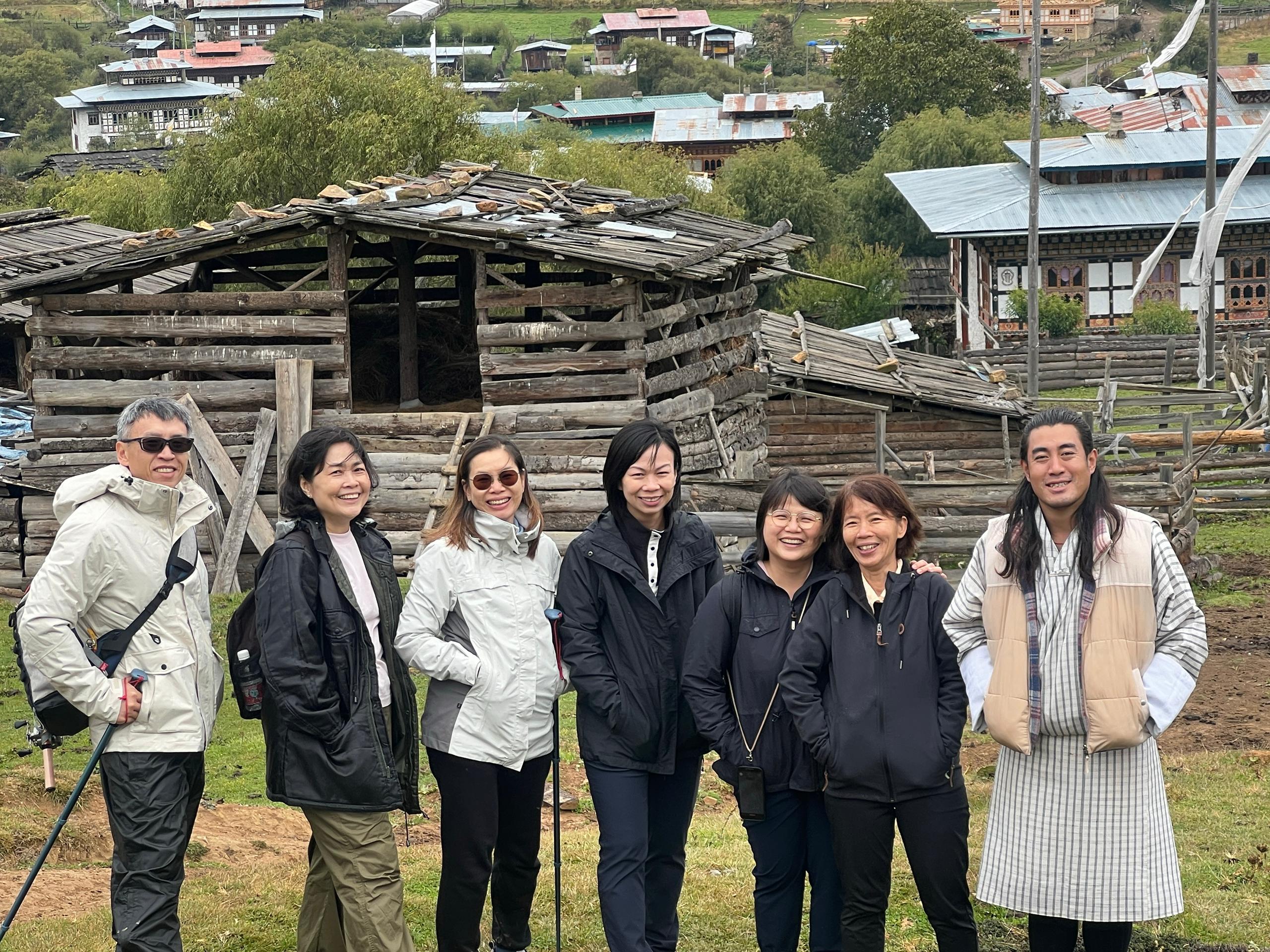
What’s the most inspiring or memorable thing a guest has shared with you during your guiding?
I once hosted a guest who had travelled to over a hundred countries—a truly well-travelled individual. He told me that every country he visited had its own beauty and charm, from rich cuisines to impressive technologies, and he carried a trove of memories from each place.
But the moment he landed in Bhutan, he said he felt something different—a deep, unexplainable sense of belonging. Just four days into his journey (with several more still to go), he sincerely thanked me for guiding him and said he already felt privileged just to be here.
He was deeply moved by Bhutan’s culture—its timeless traditions, sacred temples, pristine air, peaceful rhythm, and especially the philosophy of Gross National Happiness. He was struck by how GNH prioritises collective well-being through its four pillars, valuing human happiness and harmony over economic output. Something that he felt hardly existed anywhere else in the world.
He told me, “You’re so lucky to be born in Bhutan. From the outside, it may seem like you have nothing—but in truth, you have everything that truly matters.” He went on to say, “Where I come from, we have everything in material terms—and yet, so many of us feel like we have nothing spiritually or well-being. But I found “everything” here in Bhutan.”
That moment stayed with me. It was, without a doubt, the most inspiring and memorable reflection ever shared by one of my guests.
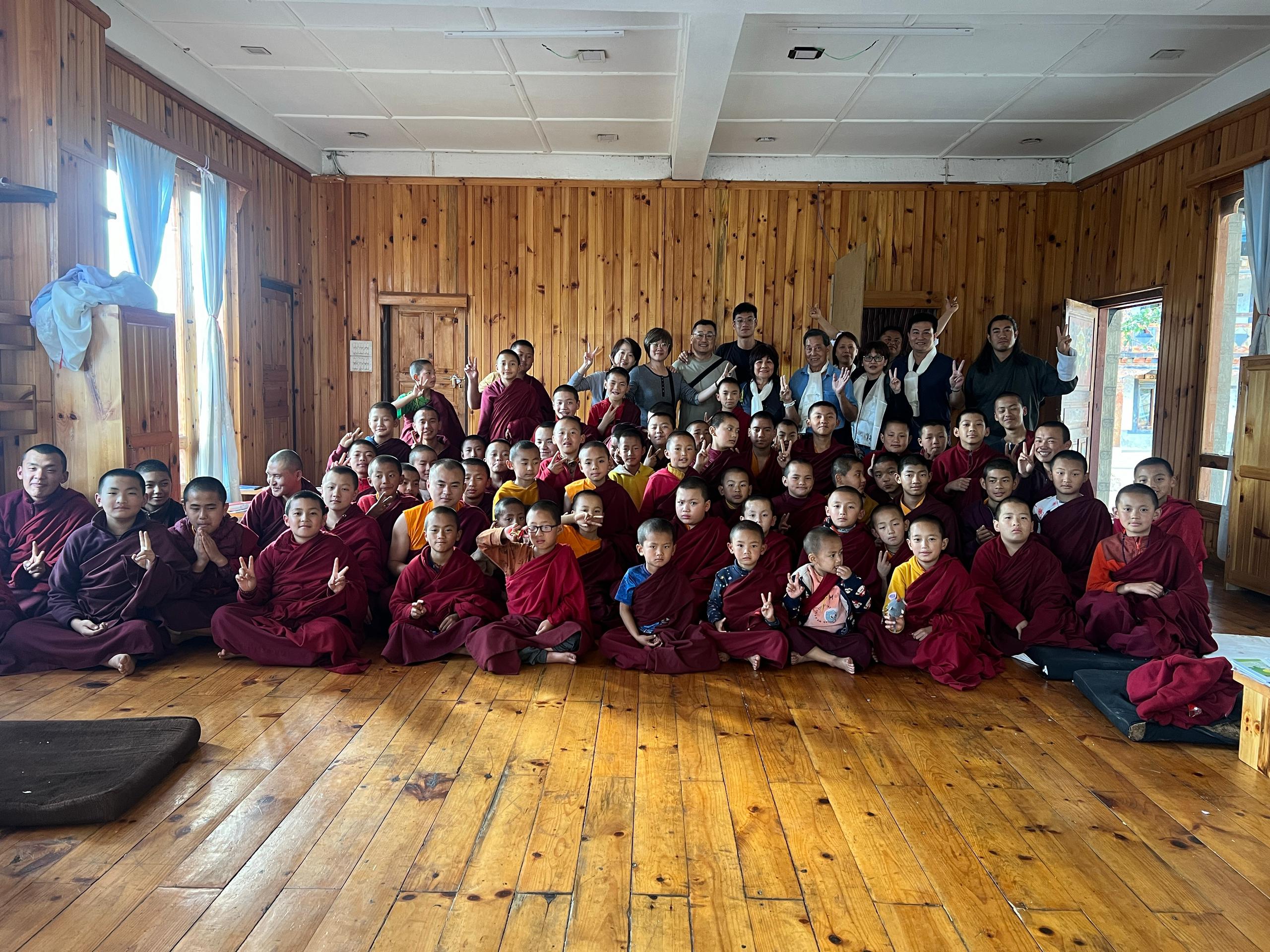
What do you enjoy doing when you’re not working as a guide?
When I’m not leading tours, you’ll most likely find me outdoors—hiking, trekking, motorbiking, or camping with my family. I also enjoy carpentry, travelling, vlogging, and capturing moments through photography. These experiences not only recharge me but also give me fresh perspectives and insights that I bring back into my guiding work.
Can you share an interesting story about your motorbiking journey in Bhutan?
Riding bikes runs in my blood—a passion sparked the moment I first laid eyes on a motorbike. And Bhutan? It’s a rider’s paradise. Our roads wind and weave through some of the world’s most dramatic landscapes, plunging from 4,000 metres down to 300. You’d be lucky to go 100 metres without leaning into a curve! They’re stunning, challenging, and mostly well-maintained—built for pure magic on two wheels.
A motorcycle tour here isn’t just a ride—it’s a journey of self-discovery.
Out of many unforgettable moments, one that stands out happened in Lhuntse, near the towering Takila Guru Statue. It was winter, and we’d decided to camp for the night after calling off our ride. The wind that evening was wild—so strong it snapped our tent pole! We ended up spending the entire night crammed inside the half-collapsed tent like stuffed sacks, laughing through the chaos and cold.
That’s the spirit of Bhutan—raw, real, and unexpectedly joyful.
Riding through this country takes you far beyond the tourist trail. From high mountain passes and hidden monasteries to hot stone baths and home-cooked meals with locals, every twist of the throttle brings you deeper into Bhutan’s soul. This isn’t just a trip.
It’s an experience that rewrites your soul.
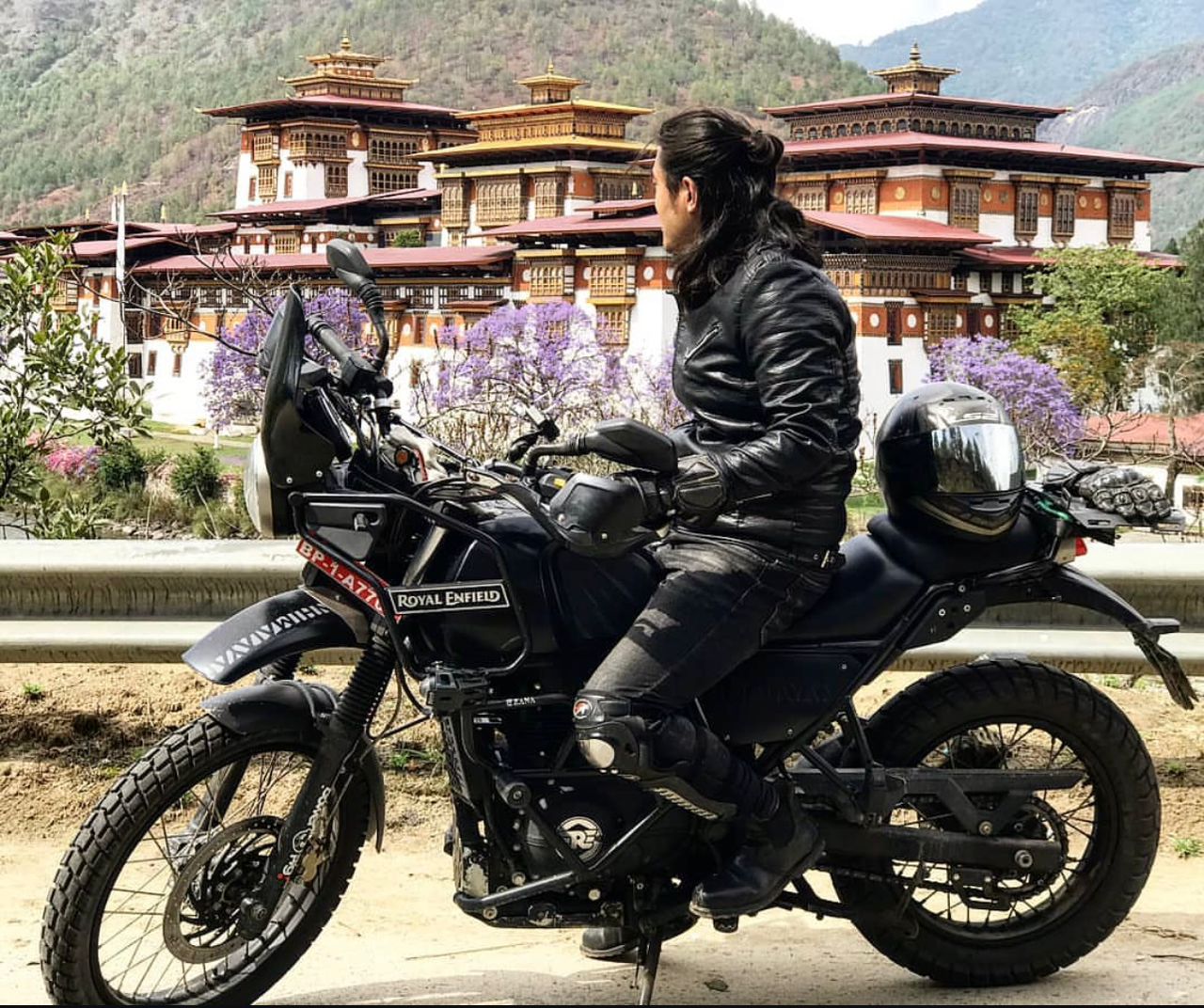
Do you have a favorite birdwatching spot, and what makes it unique?
Bhutan is a paradise for birdwatchers, with over 800 recorded species, including many rare and endangered ones. Thanks to our rich biodiversity and pristine landscapes, the birding experience here is truly one of a kind. The best seasons for birdwatching are spring and autumn, when the bird activity is at its peak.
While there are many fantastic spots across the country, my personal favourite is Phobjikha Valley. Sitting at almost 3,000 metres above sea level, it’s the most important and iconic wintering ground for the endangered Black-Necked Cranes, which arrive from Tibet between late October and mid-February.
What makes Phobjikha so special isn’t just the birds—it’s how deeply they’re woven into local life and culture. The cranes are seen as sacred, and their arrival each year is a celebrated event. Watching them land, dance, and later take flight is a powerful experience, especially in this peaceful Himalayan valley. The community here even uses underground power lines to protect the birds, showing just how seriously conservation is taken. There’s also an annual Black-Necked Crane Festival held at Gangtey Monastery, which draws many visitors.
Beyond the cranes, the valley is home to other beautiful species like the Spotted Laughingthrush, Himalayan Griffon, Himalayan Monal, Blood Pheasant, Satyr Tragopan, Kalij Pheasant, as well as various Accentors, Rosefinches, and Buntings.
What are some of the rarest birds or animals you’ve encountered during your adventures?
On my adventures, I’ve been lucky to spot some truly rare and incredible wildlife. One of the most unforgettable moments was seeing a snow leopard from a distance while trekking high up in the mountains—a rare and humbling sight. I’ve also come across Bhutan’s national animal, the takin, as well as blue sheep, a Himalayan black bear, and a few other fascinating species.
When it comes to birds, I’ve been fortunate to spot the critically endangered White-bellied Heron—one of the world’s top 50 rarest bird species. I’ve also seen the striking Satyr Tragopan, the majestic Great Hornbill, and the colourful Blyth’s Kingfisher, among many others.
What inspires your photography and filming—do you have a favourite subject or theme?
I grew up watching Animal Planet and Discovery Channel with my dad, and those moments sparked a deep connection with nature and wildlife from a young age. I believe those early experiences shaped who I am today—adventurous, curious, and passionate about the natural world.
About a year ago, after watching inspiring travel and adventure content from creators around the world on YouTube, the idea of vlogging clicked for me. I thought—why not give it a try? I’m already out exploring so often, and vlogging felt like a natural way to share my journeys, educate others about Bhutan’s wilderness, and even help Bhutanese people reconnect with the beauty of their own land.
So far, my content has mainly focused on trekking, hiking, and sharing detailed tips about outdoor adventures in Bhutan. But moving forward, I’ll also be covering Bhutan’s rich culture, sacred temples, traditions, festivals, and much more. Whether you’re here in Bhutan or living abroad and curious about what this incredible country has to offer, I invite you to explore it with me.
Check out my YouTube channel, Explore with Vajra—and if you enjoy the content, I’d truly appreciate your subscription and support.
How do you encourage travellers to connect more deeply with Bhutanese culture during their visit?
It’s crucial for travellers to understand why things exist around them, as this deepens their connection to Bhutan’s culture and traditions. So I ensure they receive full context for everything we see—the landscapes, rituals, and daily life. This knowledge opens their hearts to deeper immersion. Then, I encourage them to participate if they’re interested and truly become part of our world. From plucking apples and harvesting vegetables, visiting farmhouses, learning local cooking, milking cows, experiencing hot stone baths, tasting locally brewed alcohol, wearing traditional costumes, to joining local festivals and much more.
By the end of their journey, they return home not just as tourists, but as honorary Bhutanese.
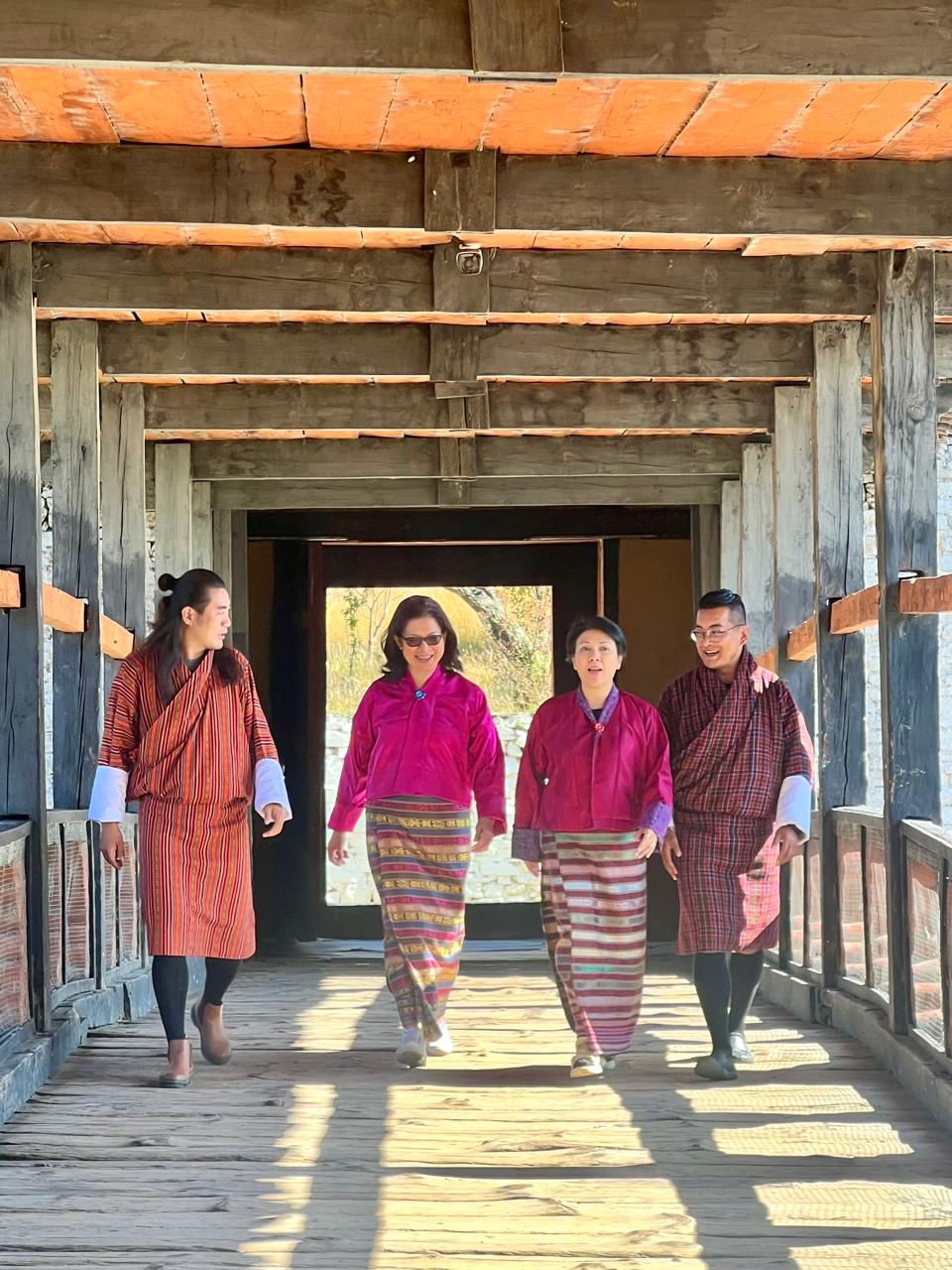
How would you describe Bhutan to someone who’s never been here?
To anyone dreaming of Bhutan—prepare not just your bags, but your heart and mind. If you're seeking material thrills, this might not be your place. But if you're longing to rediscover yourself, to find your soul’s purpose—welcome home.
Bhutan will show you what a well-lived life feels like… and how much time we often waste chasing hollow joys. From the moment you arrive, you’ll sense the shift
- Elders spinning prayer wheels, chanting mantras between bursts of laughter
- Colourful prayer flags fluttering in the wind, carrying blessings across the mountains
- People and animals living in sacred harmony
- Culture and tradition woven into every field, farmhouse, and festival
- A nation guided by Gross National Happiness, not wealth
None of this is accidental. We’re blessed with visionary, compassionate kings who serve Bhutan like guardians of an ancient promise. Yes, it may sound like a myth—a tiny kingdom tucked between China and India—but here, happiness isn’t a destination. It’s the compass.
So stop wondering. Book your ticket. Secure your visa. Pack your curiosity. And come uncover the twin mystery: why Bhutan radiates joy—and who you truly are beneath all the noise.
Welcome to Bhutan, the Last Shangri-La.
What does happiness mean to you?
Happiness, to me, is living fully in the present—being content with what I have and at peace with life’s changes, knowing that nothing lasts forever. Don’t dwell on the past. Don’t obsess over the future. Neither belongs to you. The only moment you truly own is now.
So breathe it in. Cherish it. And treat it as something sacred—by simply being mindful.
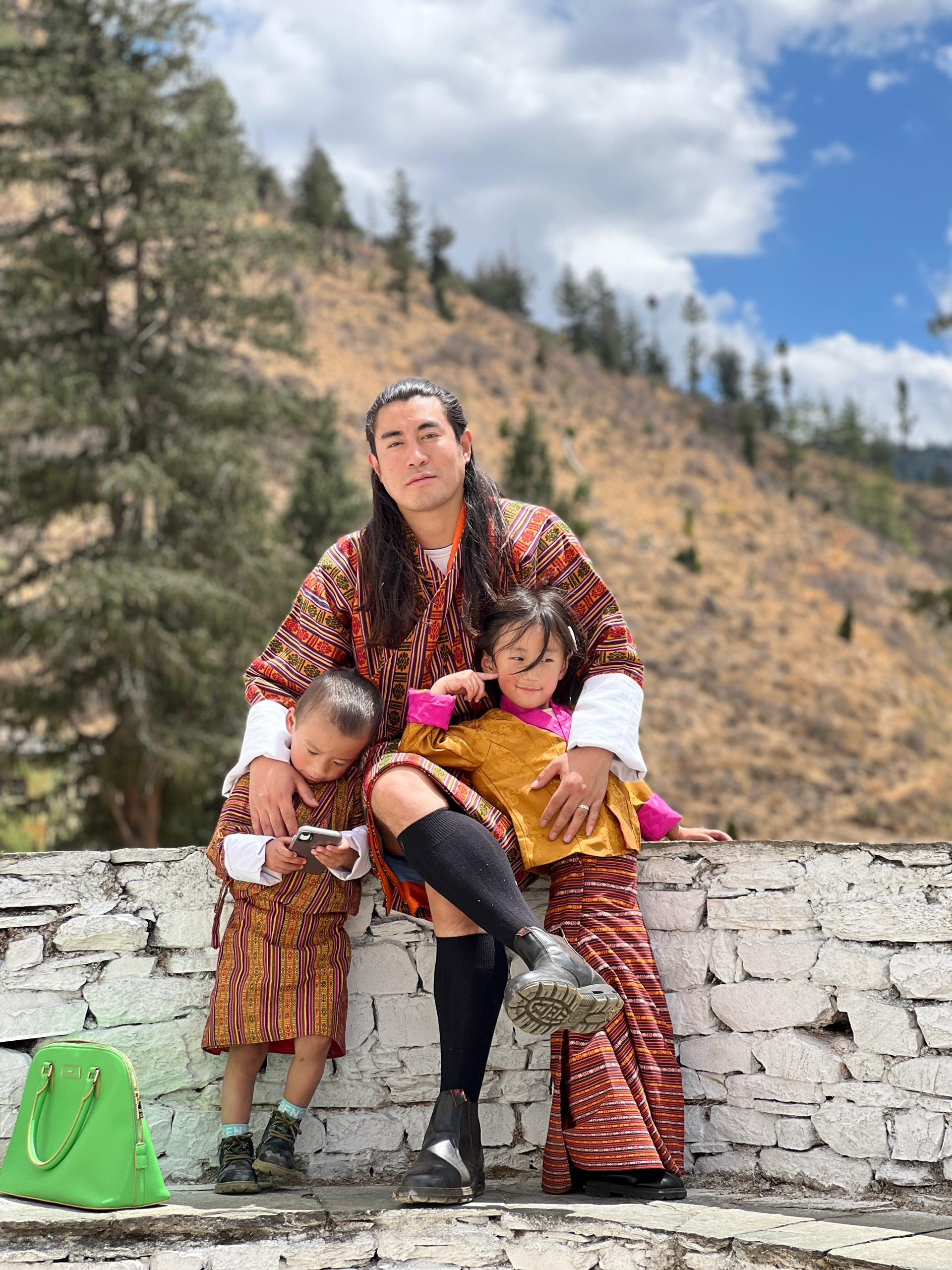
What are some of the most important lessons you've learned about life through your encounters with people from different backgrounds?
Through my 11-year journey as a tour guide in Bhutan, I’ve walked beside thousands of travellers—each from different corners of the world, each carrying their own stories and dreams. They come, stay for a few days, and then leave—no matter how deep the bond we share in that short time.
I’ve learned many things from these encounters, but the most profound lesson has been learning how to let go. Like anyone, I’ve experienced emotional highs, painful lows, and moments of pure beauty. And all of it has taught me one truth: nothing is permanent. Everything is in a constant state of change.
Change, in fact, is the only constant. So I’ve learned to guard my inner balance—to not let fleeting moments sway my core. It’s not always easy, but the awareness of impermanence, and the practice of recentering myself, helps me stay grounded.
This journey has also nurtured patience and flexibility in me—qualities now woven into my daily life, allowing me to face challenges with calm and clarity.
In the end, I’ve come to see that life is an endless lesson—and the classroom only closes with your final breath.
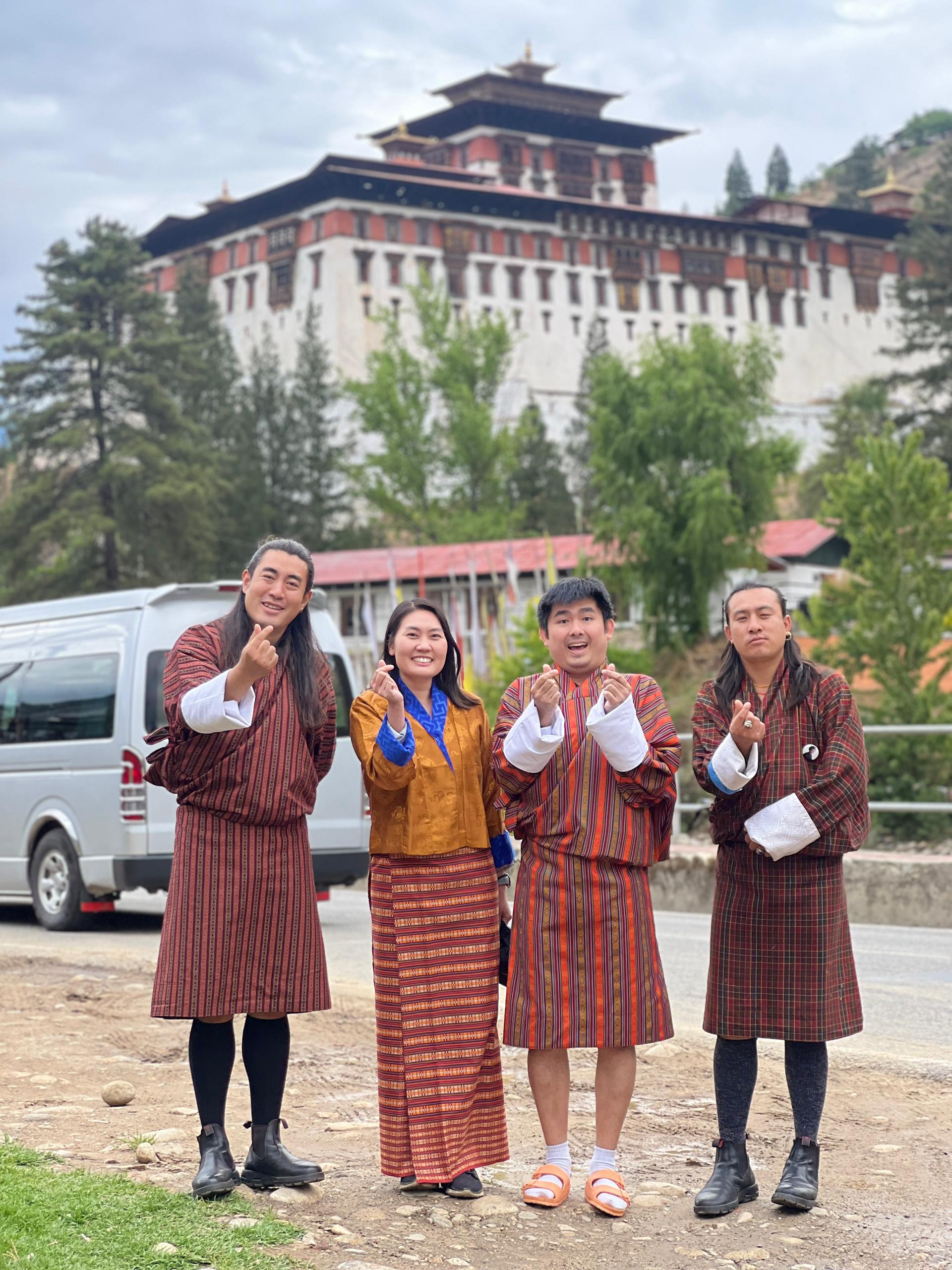
---
This interview is part of the Passion and Purpose series where we shine a spotlight on the extraordinary individuals shaping Bhutan’s industries and communities across the different industries. Each feature explores the unique journeys, challenges, and achievements of Bhutanese professionals across diverse fields—tourism, arts, entrepreneurship, and more. Through heartfelt stories, we uncover what fuels their dedication and how they contribute to preserving Bhutan’s heritage, sustainability, and Gross National Happiness ethos.
